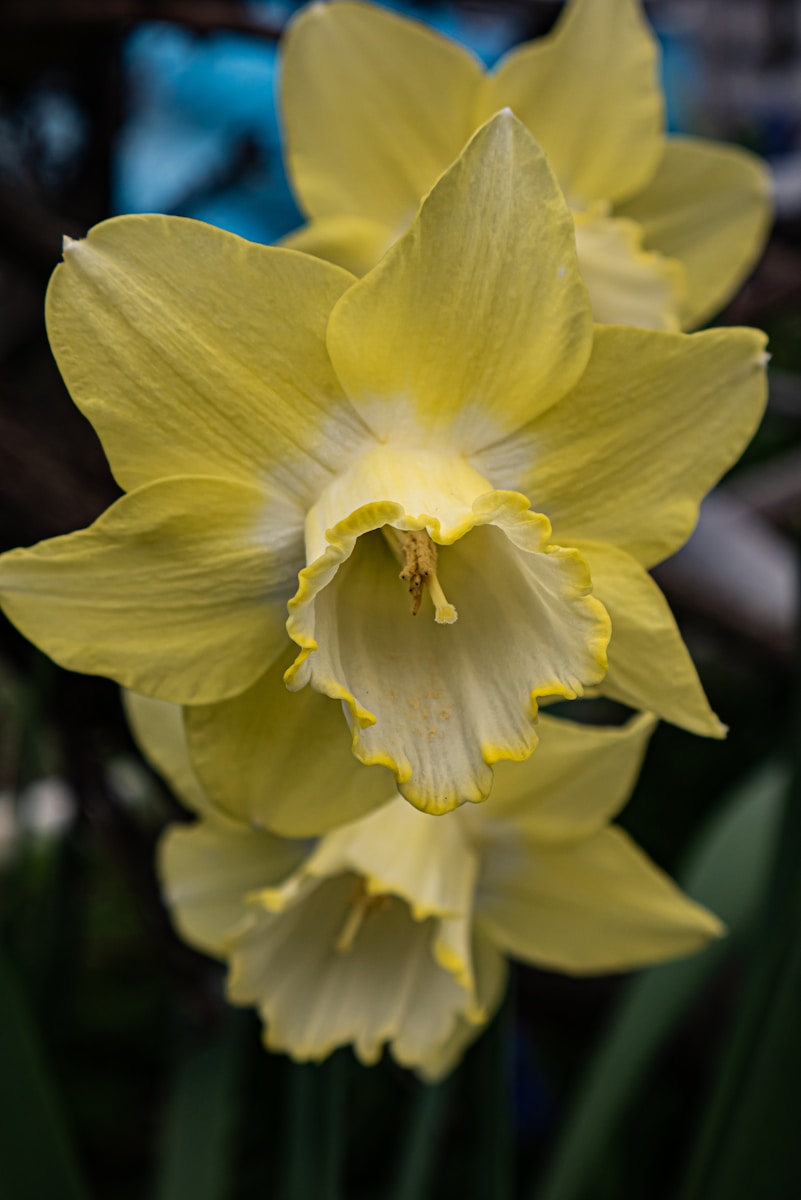A consumer sector that sells nature has a woeful environmental track record. Now a new study has identified how to make flora far greener.
Led by Dr Jill Timms at the University of Surrey and Professor David Bek of Coventry University, who worked in collaboration with flower farmers Zanna Hoskins of Spindle Flowers and Debbie Scott at East Lothian Flower Farm, the report proposes a ‘radical shift’ in favour of localism, alongside a push to help suppliers understand more sustainable processes and options.
‘Our study highlights a critical moment for the British floral industry,’ said Dr Jill Timms, Senior Lecturer in Sociology at the University of Surrey. ‘Not only do consumers want flowers that are fresher and more vibrant, but they are also increasingly aware of the environmental impact of their purchases. By fostering local production, we can provide a solution that benefits both growers, consumers and the planet.’
The Flower Grower Collective [FCG] will create a ‘robust online platform connective British flower growers directly with florists, streamlining supply chains’ by opening regional hubs, eliminating inefficiencies. Inspired by the Open Food Network, a user-friendly sales platform will allow shops to buy from farmers without a third party, with multiple orders made to multiple suppliers in a single transaction. A unique training programme will also be developed, helping growers understand quality standards and effective approaches to more sustainable cultivation.
The scheme is set to roll out this year, with five regional wholesale hubs due to open in 2025 following the successful trial of two test centres in 2024. According to research by the team, the carbon footprint of flowers grown in the UK is significantly lower than imported alternatives, and seasonal blooms can help the sector align with wider UK net zero targets.
‘This is more than just a business opportunity; it is an ecological imperative. We are at a critical juncture where we can reshape the floral industry to prioritise sustainability, support local economies, and reduce environmental harm,’ Dr Timms continued. ‘By leveraging the collective power of small-scale growers and innovative digital solutions, our research not only addresses the pressing challenges faced by the British floral industry but also presents a viable path towards a greener future.’
Image: Katelyn Greer / Unsplash
More on nature and sustainability:
Sustainable Tourism study suggests animal free dishes should be spotlit
British banks next to consider abandoning 1.5C global warming investment limit


















